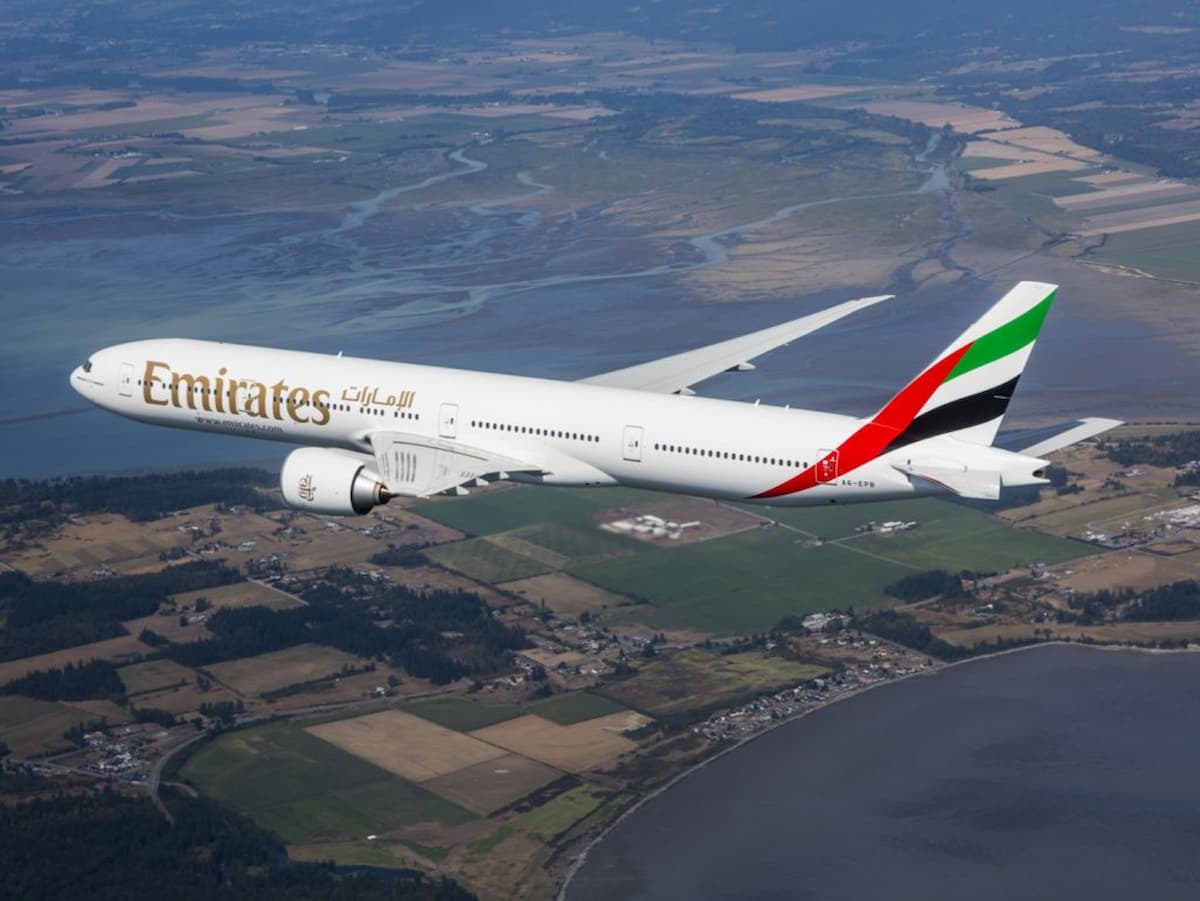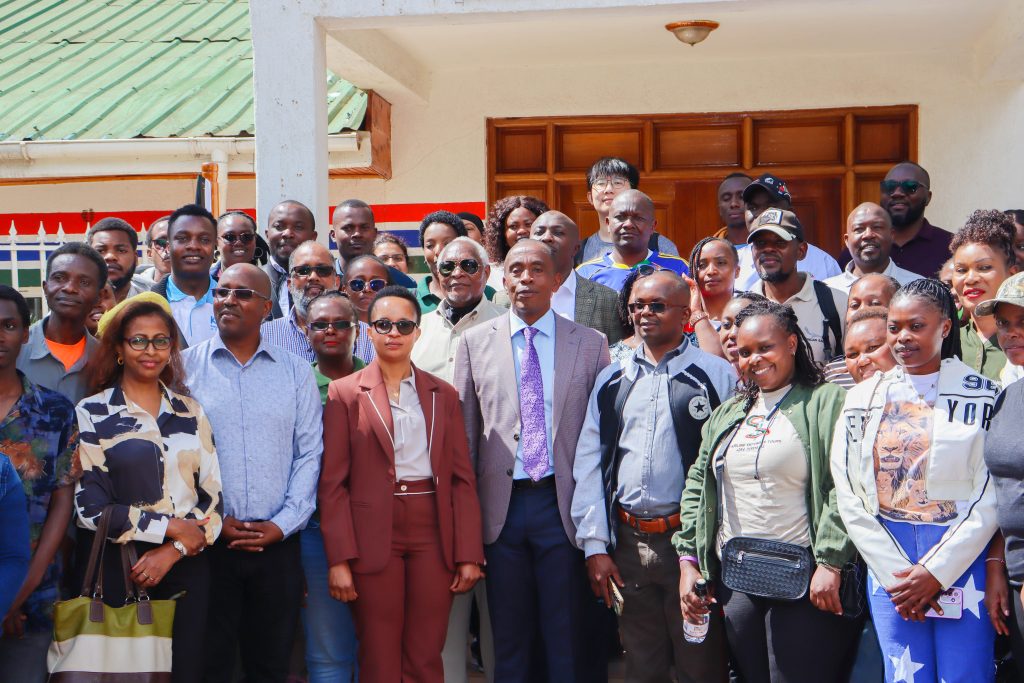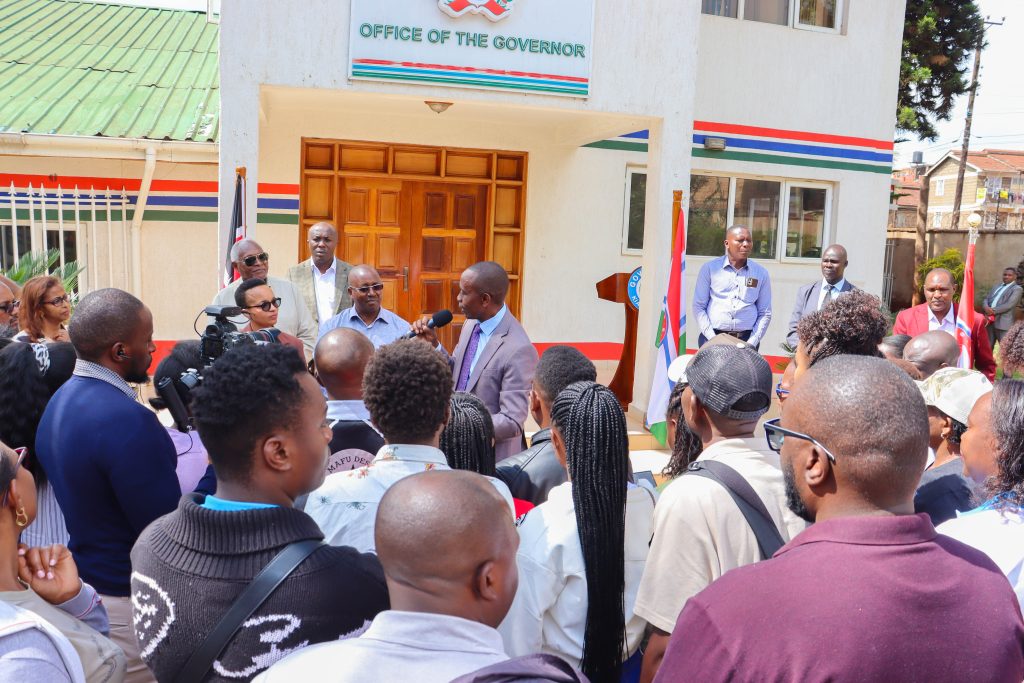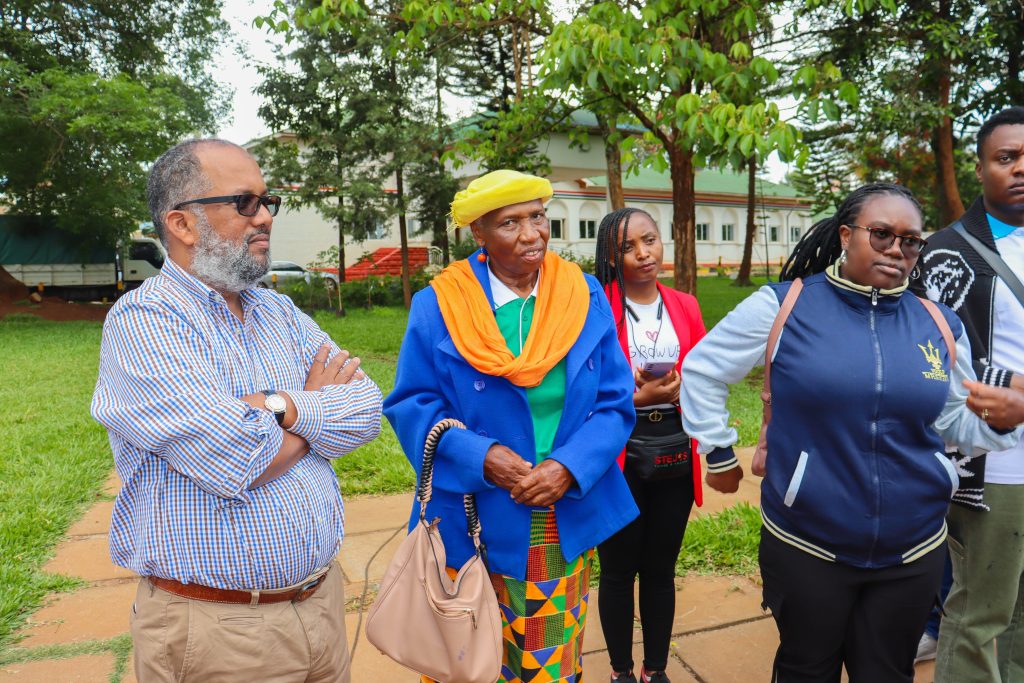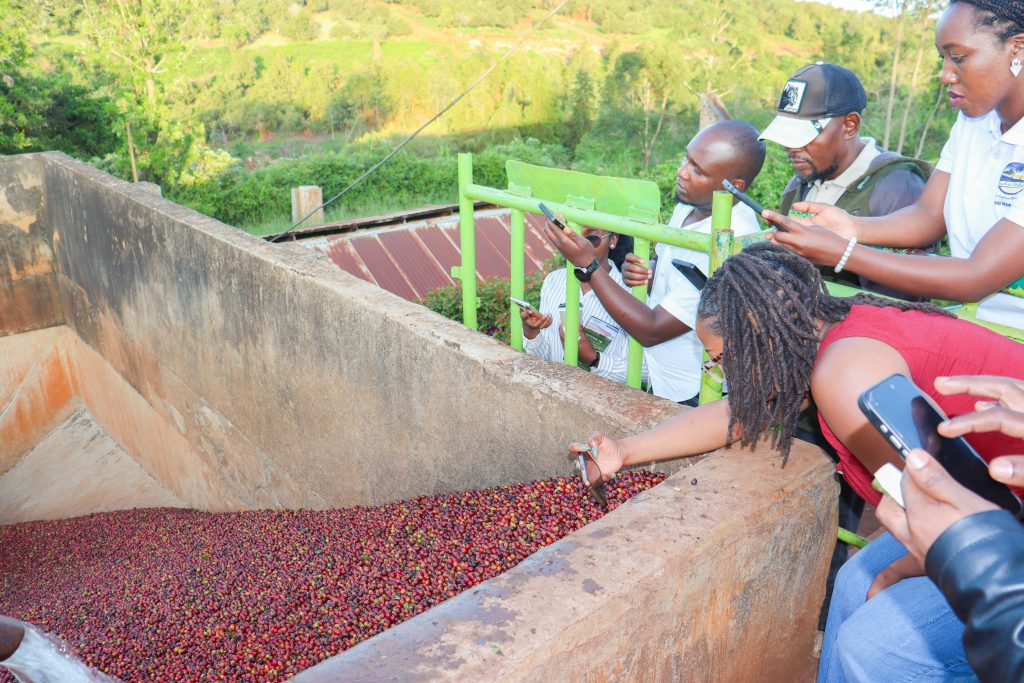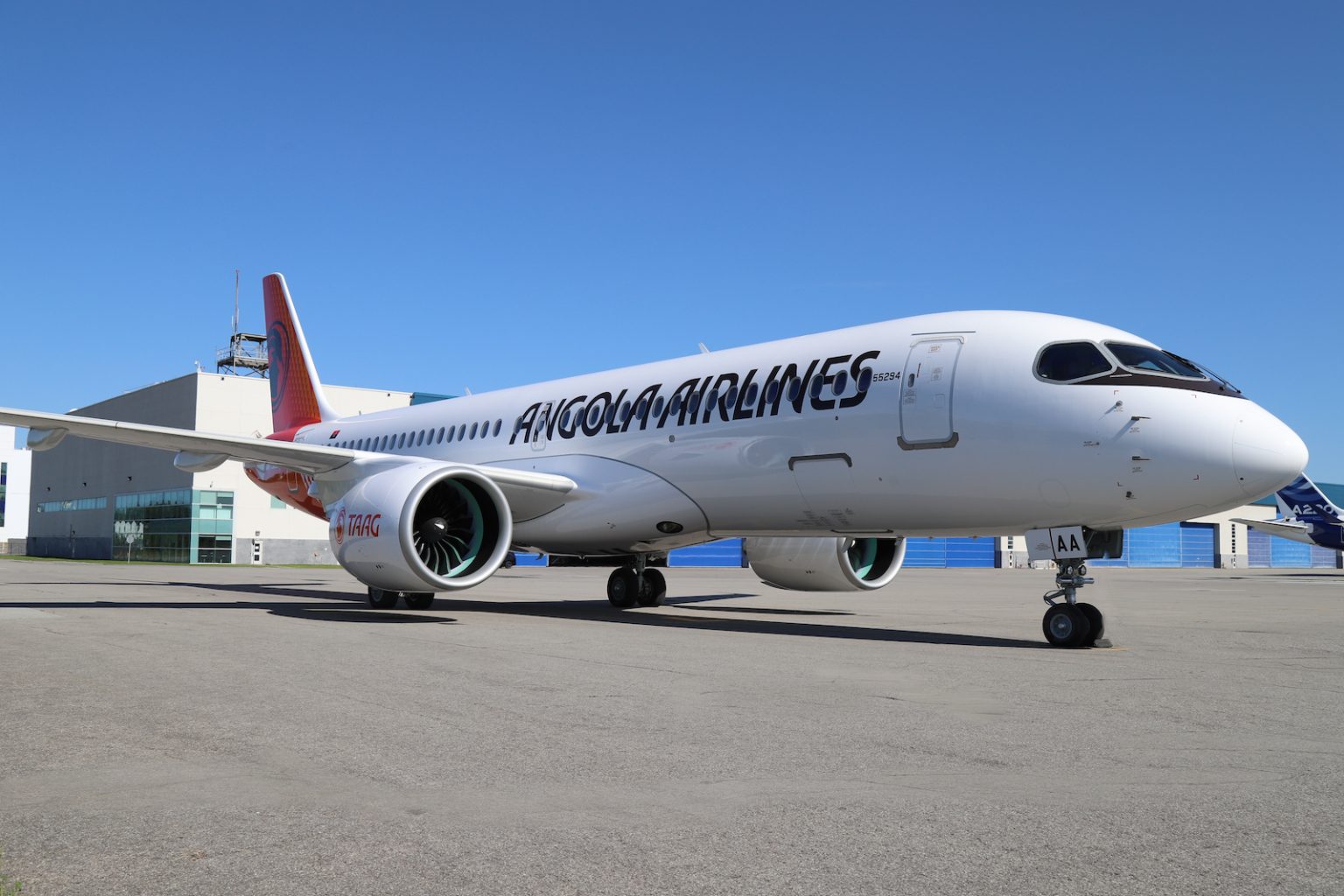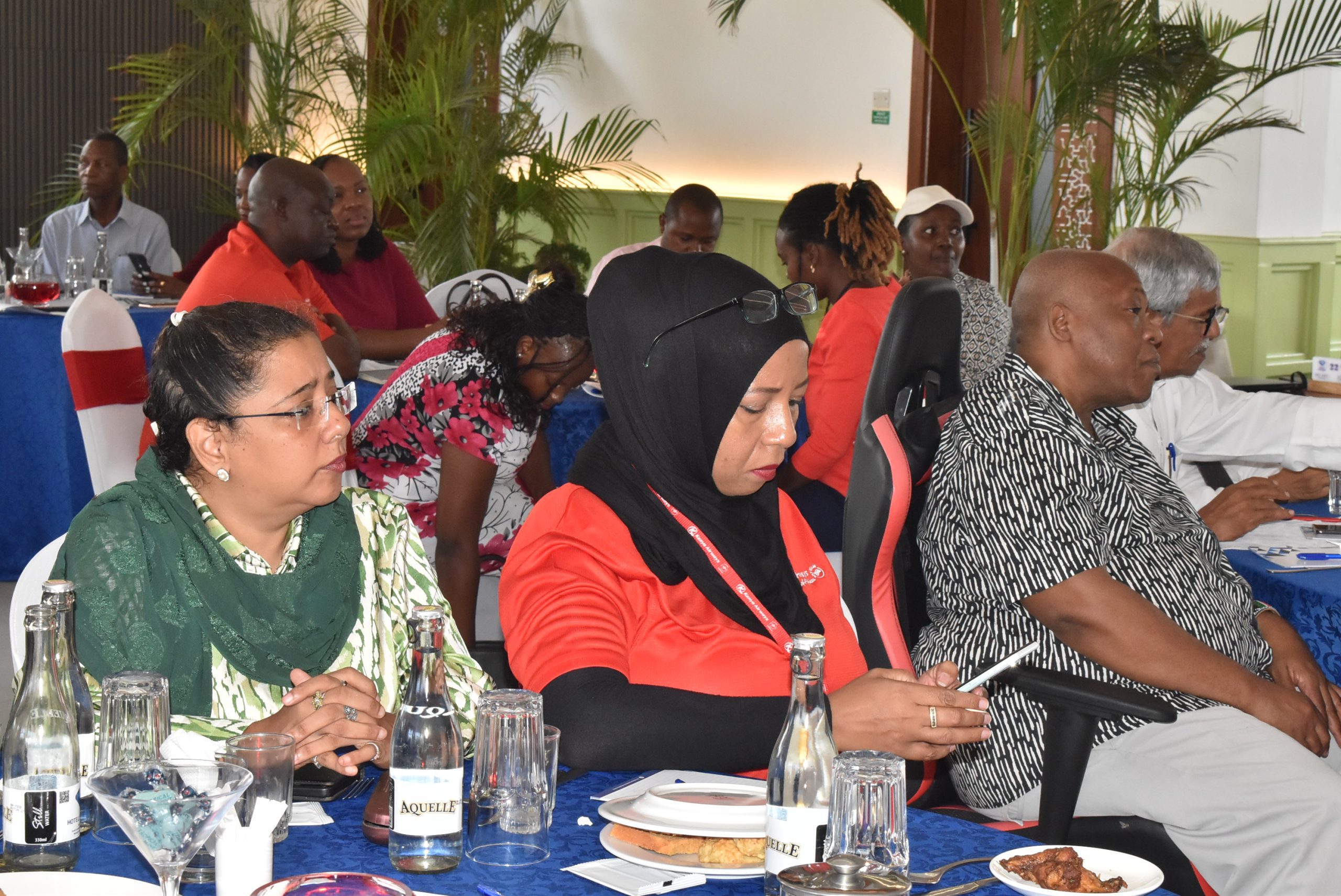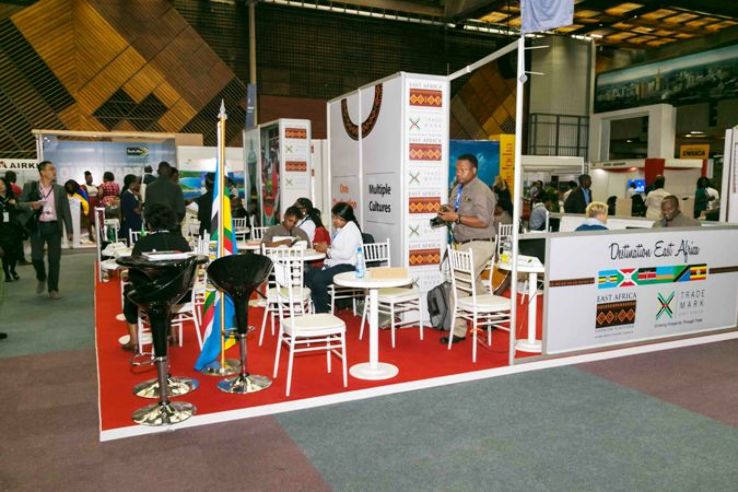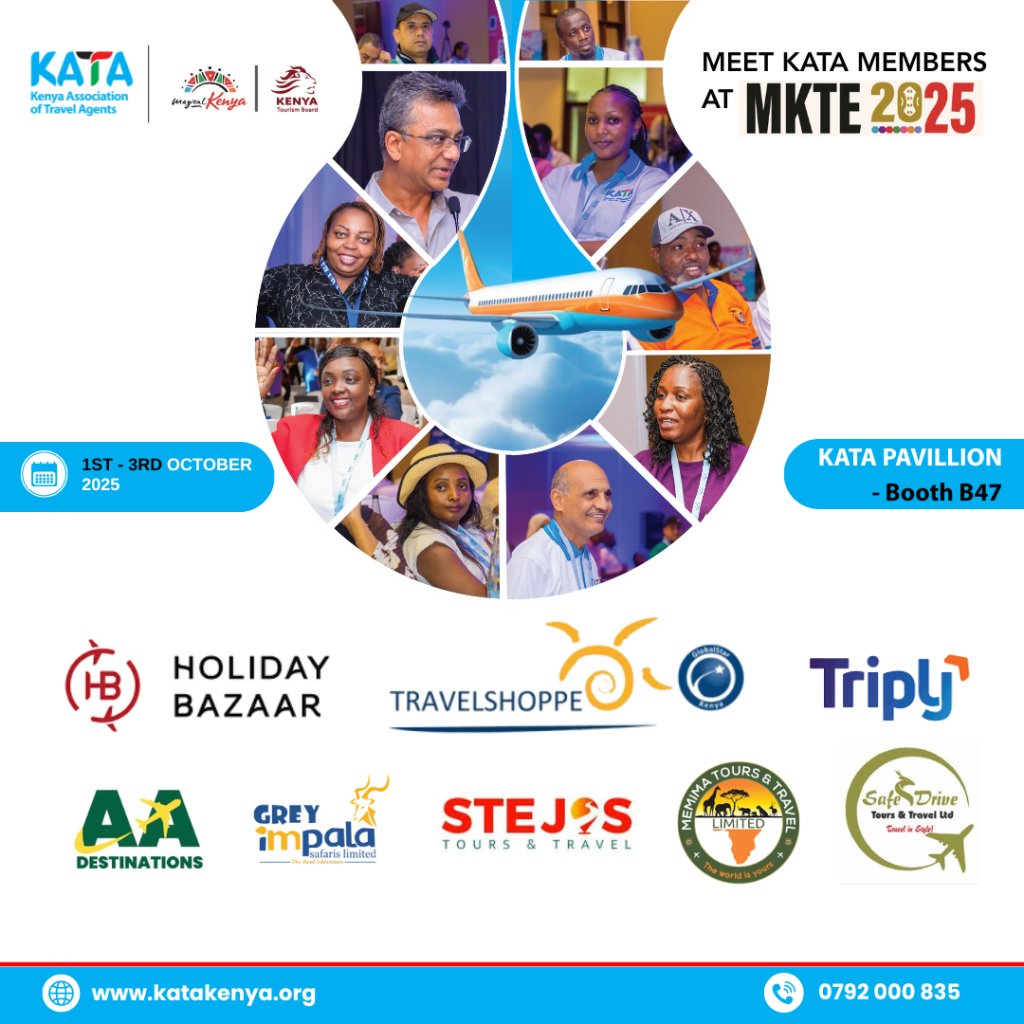South Africa joins Namibia, Seychelles, Gambia, Uganda, Zambia, and several other African nations in Kenya’s bold visa-free travel revolution because the East African nation has officially removed visa requirements for nearly all African countries to boost regional tourism and strengthen continental unity. By doing so, Kenya is redefining how travellers move across Africa, making it easier for visitors to enter through a simple digital system or enjoy complete visa-free access. This decision not only reflects Kenya’s growing role as the continent’s travel gateway but also positions it as a model for open borders, economic integration, and a new era of African tourism built on accessibility and cooperation.
Kenya has long stood as one of Africa’s most iconic travel destinations. Its endless savannahs, snow-capped mountains, and white beaches on the Indian Ocean have attracted adventurers and dreamers for decades. From safaris in the Maasai Mara to quiet escapes along Diani’s coastline, the country offers a window into everything travellers imagine Africa to be.
That image has now evolved. In 2024, Kenya abolished traditional visa requirements for all foreign nationals. By early 2025, it took an even bolder step, declaring visa-free entry for every African nation. This move has elevated Kenya as one of the most welcoming destinations on the continent and signalled the beginning of a new travel era. The decision is not merely administrative; it is symbolic of Africa’s growing unity and Kenya’s ambition to make travel across the continent seamless and inclusive.
Visa-Free Entry for African Nations
Under the 2025 policy, citizens from all African countries can now enter Kenya without a visa. The only exceptions are Somalia and Libya, whose travellers remain subject to additional security reviews. This reform allows African citizens to visit, trade, and explore without prior paperwork or embassy appointments. It has already sparked optimism across the continent as families, entrepreneurs, and tourists embrace easier mobility.
Among the countries confirmed to benefit from visa-free access are South Africa, Namibia, Seychelles, Gambia, Uganda, Zambia, Zimbabwe, Botswana, Burundi, Ghana, Malawi, Rwanda, and Mauritius. For most African visitors, the stay period is between sixty and ninety days, while members of the East African Community, including Uganda, Tanzania, and Rwanda, may remain for up to six months.
This change also reflects Kenya’s growing alignment with the African Union’s goal of free movement across borders, an idea rooted in economic cooperation and regional solidarity.
The Simplified Entry Process for Global Travellers
While Africa enjoys visa-free access, Kenya has also streamlined entry for travellers from the rest of the world through the Electronic Travel Authorisation system. Known as the eTA, this platform replaces the traditional short-term visa process with a digital pre-approval system. It allows visitors from Asia, Europe, the Americas, and beyond to apply online before arrival, saving time and paperwork.
The eTA functions as a travel clearance document granting entry for tourism, business, or family visits. Visitors can stay in Kenya for up to ninety days per trip. The process is straightforward: travellers fill in an online form, upload a passport photo, provide proof of travel and accommodation, and pay a processing fee of around thirty US dollars. Approval usually takes less than seventy-two hours, and the authorisation arrives via email.
Children under eighteen are included in a parent or guardian’s application. Those merely transiting through the airport without leaving it are exempt. Although having an eTA provides entry clearance, the final decision to admit any traveller still rests with immigration officers on arrival, a standard international practice.
The Reason Behind Kenya’s Big Move
Kenya’s decision to eliminate visas and adopt a universal eTA framework stems from its commitment to revitalising tourism and supporting economic growth. Tourism remains one of the country’s key industries, contributing nearly ten percent of its gross domestic product and providing millions of jobs.
The government recognised that cumbersome visa procedures had discouraged potential travellers, particularly in a post-pandemic world where tourists seek simple, fast, and digital solutions. By removing barriers, Kenya aims to restore pre-pandemic visitor numbers and strengthen its reputation as the continent’s primary gateway. This vision also reinforces the idea that Africa’s future lies in regional integration, where trade and tourism flow freely between nations.
Why Kenya Continues to Captivate Travellers
Kenya’s charm lies in its extraordinary diversity. It is among the few places on Earth where visitors can encounter the Big Five—lions, elephants, leopards, buffaloes, and rhinos—in their natural habitats. The Maasai Mara National Reserve remains one of the world’s most famous wildlife sanctuaries, drawing thousands of photographers and explorers every year. During the Great Wildebeest Migration, millions of animals sweep across the Mara plains, creating one of nature’s greatest spectacles.
Beyond the savannahs, Kenya offers contrasting landscapes that astonish first-time visitors. The snow-clad peaks of Mount Kenya tower above the horizon, while the Rift Valley stretches deep into the earth, revealing mirror-like lakes and volcanic escarpments. Lake Nakuru shimmers in pink hues as flamingos gather by the thousands, and the turquoise waters of the Indian Ocean meet coral reefs along Watamu and Malindi. The diversity of these natural settings means that within one country, travellers can combine mountain climbs, safaris, and beach retreats.
Culture, Heritage, and the Human Connection
For those who travel for culture rather than wildlife, Kenya offers a depth of experience that goes beyond sightseeing. Along the coast lies Lamu Old Town, a UNESCO World Heritage Site where narrow lanes and intricately carved doors tell stories of Swahili civilisation and Indian Ocean trade. Traditional wooden dhows still glide through the harbour, reflecting centuries of cultural exchange.
In contrast, Nairobi, Kenya’s bustling capital, represents the modern face of Africa. It is one of the few cities in the world where a safari park lies within city limits. Nairobi National Park, just minutes from skyscrapers and cafés, allows visitors to spot lions and giraffes without leaving the urban skyline. The capital also serves as a hub for innovation and business, earning its reputation as the “Silicon Savannah.”
Meeting the Maasai, Samburu, or Turkana communities provides insight into Kenya’s cultural soul. Their traditions, dances, and craftsmanship connect visitors to the country’s heritage in a way that feels personal and authentic.
The Economic and Regional Impact
The visa-free initiative is not only about easier travel; it’s also a strategic economic policy. By simplifying entry, Kenya expects a significant rise in tourist arrivals, potentially between fifteen and twenty percent each year. This growth benefits hotels, airlines, tour operators, and local artisans who depend on tourism revenue.
Nairobi’s Jomo Kenyatta International Airport and Mombasa’s Moi International Airport are now positioned as regional gateways, connecting travellers to neighbouring countries and beyond. Kenya’s leadership in digital border systems also sets a precedent for others in East Africa and across the continent to modernise their immigration processes.
The digitalisation of travel through the eTA reduces bureaucracy, lowers administrative costs, and supports sustainability by cutting paper use. It also enhances security by centralising traveller data under one platform.
Africa’s Path to Easier Mobility
Kenya’s reform marks a milestone for African travel. For decades, the continent has faced fragmented visa policies that discouraged regional tourism. Kenya’s example now proves that openness can strengthen both economies and relationships. By allowing Africans to travel freely, the country promotes mutual understanding and collaboration.
The benefits reach beyond tourism. Easier movement fuels trade, business summits, and educational exchanges. From South Africa and Namibia in the south to Gambia and Uganda across the west and east, Kenya’s open-door approach could inspire similar reforms elsewhere.
In this sense, Kenya is not just welcoming travellers; it is championing a vision of a border-light Africa, where shared heritage and opportunity unite nations.
A New Age of Travel Convenience
For international visitors, the eTA system embodies modern travel ideals—speed, transparency, and accessibility. The process eliminates embassy visits and long processing times while maintaining border control standards. Most approvals are completed within three days, giving travellers more flexibility when planning.
This system has also positioned Kenya as a leader in digital transformation across tourism and governance. It reinforces the country’s image as a forward-looking destination that blends heritage with innovation.
The Future of Tourism in Kenya
Kenya’s reforms come at a time when travellers are seeking meaningful experiences rather than conventional vacations. The combination of open borders and easy digital entry gives the country a competitive advantage. With continuous investment in infrastructure, including expanded airports and upgraded road networks, Kenya is preparing to accommodate millions more visitors each year.
For African travellers, Kenya’s visa-free policy represents pride and progress—a reminder that the continent can shape its own travel future. For the world, it offers a glimpse into a destination that stands for both beauty and innovation.
As more nations follow its lead, Kenya’s message remains clear. Travel should be simple, welcoming, and borderless. The country has redefined what it means to be open—not just geographically, but in spirit.
South Africa joins Namibia, Seychelles, Gambia, Uganda, Zambia and more in Kenya’s visa-free travel revolution as Kenya removes entry barriers to boost tourism, promote African unity, and position itself as the continent’s most accessible destination.
Kenya is no longer merely a destination; it is the gateway to a connected Africa, a place where adventure, culture, and technology meet under one sky.
Source : travelandtourworld.com


